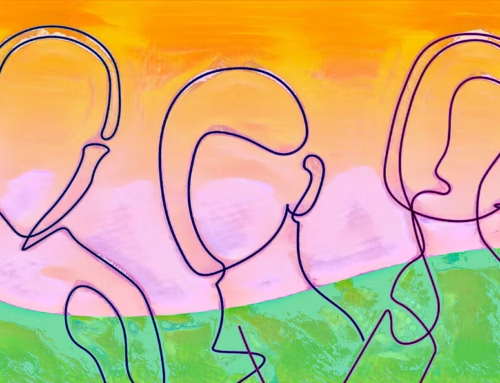Mental health inequities may not only harm individuals but also hinder economic prosperity.1 To gain a broader understanding of the costs associated with mental health inequities in the United States, the Deloitte Health Equity Institute and the School of Global Health at Meharry Medical College conducted an equity-focused quantitative analysis. The study examined various types of expenditures related to mental health inequities that have not been explored in detail in other literature, ranging from chronic physical ailments like diabetes and hypertension to productivity-related losses stemming from absenteeism and unemployment (see methodology).
Projecting to 2040: US$14 trillion in excess spending
Across the expenditures measured in this analysis, excess costs arising from mental health inequities total an estimated US$477.5 billion in 2024 (figure 1). The measured trends indicate that costs will continue to grow through and beyond 2040, when excess spending in these categories alone is likely to exceed US$1.3 trillion, with cumulative costs by that time totaling nearly US$14 trillion. This equates to a cost to society of roughly US$42,000 per person living in the United States.




